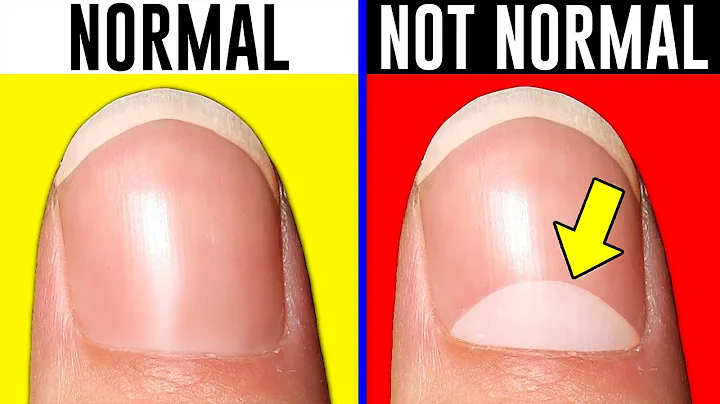CNR Beijing News on September 21 (Reporter Zhou Yao) According to the China Voice of China's "News Evening Peak" report, today is the Mid-Autumn Festival. Foods like mooncakes generally have a very short shelf life, and many of them only have a shelf life of one week. Some families feel that once the Mid-Autumn Festival is over, it is not appropriate to give them away, it would be a pity to throw them away, and it would be unhealthy to eat too much. The unexpired "out-of-season mooncakes" have become a "hot potato" that is difficult for every household to deal with. As people's concept of healthy eating increases, how should mooncakes, a high-sugar, high-fat, high-calorie food, adapt to the needs of the times? Is there a better way to recycle these expired foods?

(Picture source: CFP)
Recently, in a garden in Huayang Street, Changning District, Shanghai, a "Mooncake Transformation" is underway. Here, five-nut moon cake is reborn under the transformation of two chefs: five-nut filling is paired with dates to make an energy bar that is easy to carry; the cut crust is served with yogurt, Fruit is a yogurt fruit cup with both appearance and taste. This "Zero Waste Mooncake Campaign" was praised by citizens for its "zero waste".
As soon as the Mid-Autumn Festival is over, seasonal foods like mooncakes immediately go out of season. What is the best way to deal with the "leftover mooncakes" at home? Jinhua citizen Wang Li shared her little trick: "Cut the mooncakes into slices and eat them with oil-free whole grains, or take out the jujube paste and bean paste fillings and mix them into eight-treasure porridge and oatmeal . "It's too sweet and greasy."
Since mooncakes are high-sugar, high-oil, and high-calorie foods, if they are cooked twice, nutritionist recommends avoiding cooking methods such as frying and deep-frying, and not mixing them with rice or noodles. It is recommended that because mooncakes themselves contain more flour, such a combination will increase the energy intake and affect your health.
nutritionist said: "It is feasible to have fruits and vegetables, but you need to consider the total energy and the content of carbohydrates, proteins, and fats. Do not eat too much. You also need to avoid using high-fat, high-calorie seasonings such as salad dressing , etc. It is also possible to pair it with dairy products. Low-fat milk can reduce fat intake. If paired with yogurt, it is recommended to use sugar-free yogurt. "
In fact, compared to dealers and manufacturers, the remaining mooncakes for consumers are just " A fraction”. In a pastry and food store in Huzhou , the reporter saw that more than 100 boxes of mooncakes were still stacked in the store after the Mid-Autumn Festival. Xu Min, the owner of Wangjiafu Pastry in Huzhou, told reporters that they will return these mooncakes to dealers for recycling. A survey of 3,505 consumers by
showed that 34.1% of consumers said that they would finish all the mooncakes during the Mid-Autumn Festival in previous years, 18% of consumers said they would have some mooncakes left, and 34.7% of consumers said they only ate part of them. 4.9% of consumers said they would have a lot leftover. In particular, the social nature of mooncakes puts a "sweet burden" on some people who are "not interested" in mooncakes.
During the mooncake renovation event in Shanghai, if there are too many mooncakes to renovate, please donate directly to " Food Bank " to enter the distribution process. What is a "food bank"?
In 2015, Shanghai Oasis Public Welfare Development Center launched China's first community-based "food bank" in Tangqiao, Pudong, which not only avoided waste on the tip of the tongue, but also benefited needy households.
This "food bank" in , Pudong New District, Shanghai, distributes free food to community subsistence households, sanitation workers and other people at 7:30 every morning. Most of the vegetables being distributed come from supermarkets. Facing the fate of being destroyed, it found a new way out in this "food bank".
Today, Shanghai’s “Food Bank” has more than 100 recycling points, and has established a huge food information database using blockchain technology to ensure that every piece of food entering the recycling network is safe and reliable. Public data shows that from 2015 to 2020, the project has recycled and raised more than 700 tons of wasted food and distributed it to people in need across the country, benefiting more than 800,000 people in total.
At the same time, Haikou, Xiamen and other places have also begun to pilot "food banks", placing food that has not been sold out that day at designated stations and distributing it to people in need for free.





















